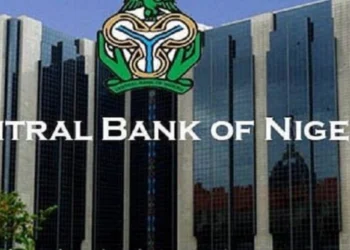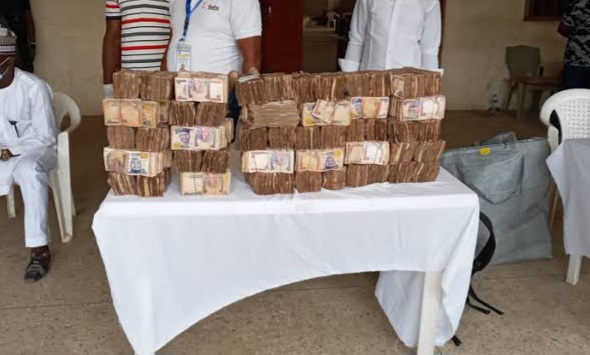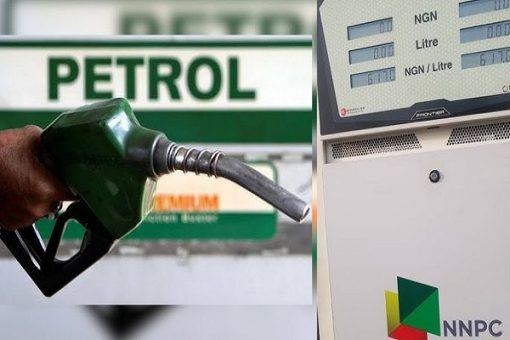The Dangote Petroleum Refinery has changed its ex-depot (gantry) loading cost of petrol to ₦865 per litre.
It was gathered that the $20bn refinery informed its marketers and customers of the slash on Thursday.
An official of the refinery confirmed the price reduction from ₦880 to ₦865 per litre to Channels TV
Filling stations like MRS Oil & Gas, Ardova Plc, Heyden, and others with special agreements with the Dangote Refinery are expected to reduce their pump price to around ₦910 to reflect the fresh reduction in the ex-depot price of the premium commodity.
The price reduction by the private refinery followed a meeting between representatives of the Dangote Refinery and the Minister of Finance Wale Edun on Tuesday.
At the end of the meeting, the government said that the naira-for-crude was still in effect and that the initiative was not a temporary measure but a “key policy directive designed to support sustainable local refining”.
The government also said the initiative is still in effect and will continue immediately, overruling the decision of the NNPCL under its former boss Mele Kyari which tenured the initiative.
As part of moves to reduce the strain on the US dollars and guarantee price stability of petroleum products, the Federal Executive Council (FEC) in July 2024 directed the NNPCL to sell crude oil to Dangote Refinery and other local refineries in naira and not in United States’ greenback.
However, in March 2025, the Nigerian National Petroleum Company Limited (NNPCL) said its Naira-denominated crude sales agreement with the Dangote Refinery was structured for six months, with March 2025 as the expiration date.
The refinery, however, said would resume the sale of its product to the local market in Naira as soon as it received crude cargoes from the NNPCL in Naira.
The resumption of Naira-denominated crude sales, experts believe, would reduce the strain on the US dollar and guarantee the price stability of petroleum products.
Nigerians are expected to experience some relief from high, dollar-denominated imported fuel with the resumption of the naira-for-crude initiative.







